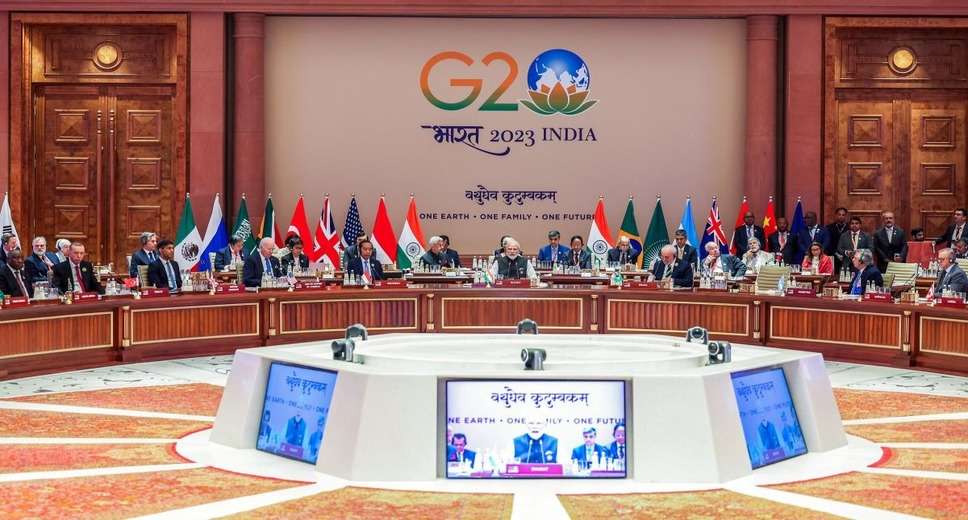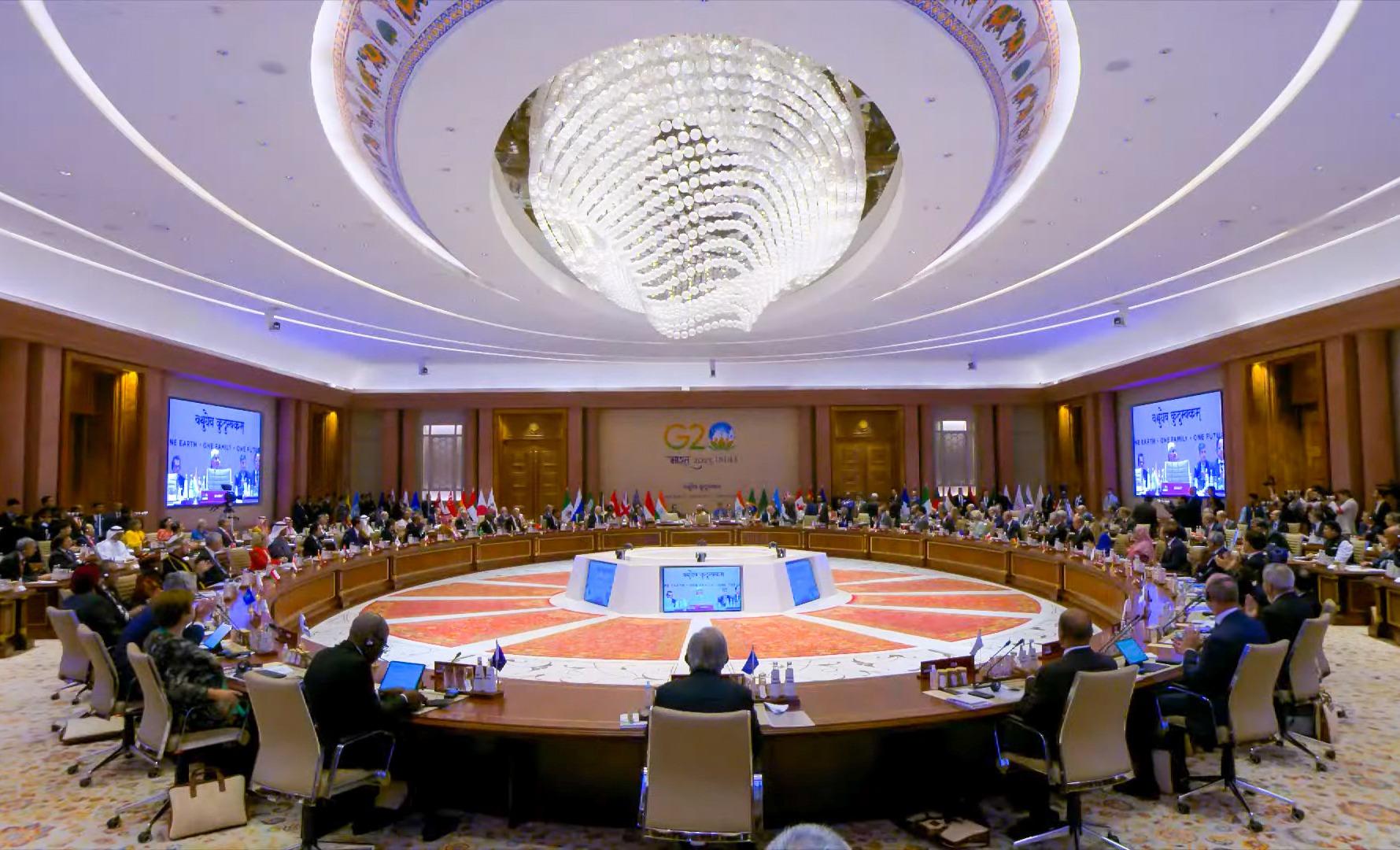Breaking Barriers: G20's Promise for Inclusive and Equitable Education

In a major outcome for the education sector of the G20 summit, participating countries in the New Delhi Leaders' Declaration outlined an ambitious education plan that aims to bring about significant changes. They called for inclusive, equitable, high-quality education and skills training for all, including those in vulnerable situations.

The declaration reads: "We are committed to inclusive, equitable, high quality education and skills training for all, including those in vulnerable situations. We recognize the importance of investing in supporting human capital development."
In the declaration, the G20 countries also highlighted the importance of basic education, expressed their commitment to narrowing the digital divide and pledged their support to help educational institutions and teachers adapt to emerging trends. They emphasized high-quality technical and vocational education and training, promoting scientific cooperation and facilitating lifelong learning, especially for marginalized communities.
The Declaration emphasizes equity, adaptability and collaboration globally to ensure that education remains an opportunity for all.

Highlights:
- Recognize the importance of foundational learning (literacy, numeracy and social-emotional skills) as the primary building blocks for education and employment.
- Reiterate the commitment to use digital technologies to bridge the digital divide for all learners.
- Support educational institutions and educators to enable them to keep pace with emerging trends and technological advances, including AI.
- Emphasis on expanding access to high-quality technical and vocational education and training (TVET).
- Reaffirm the commitment to promote open, fair and secure scientific collaboration and encourage the mobility of students, scholars, researchers and scientists in research and higher education institutions.
- Emphasizing the importance of enabling lifelong learning focused on skills, reskilling and upskilling, especially for vulnerable groups.
